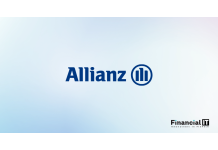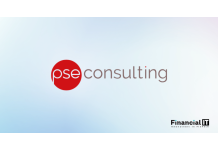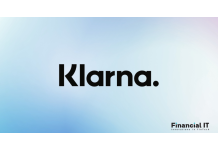Plumery Launches AI Fabric To Help Financial...
- 14.01.2026 09:25 am
martini.ai Unifies Document Upload And Credit Research...
- 13.01.2026 01:45 pm
Allianz And Anthropic Forge Global Partnership To...
- 12.01.2026 12:25 pm
Sumsub Joins World Economic Forum Unicorn Community to...
- 12.01.2026 09:35 am
Snowflake Announces Intent To Acquire Observe To...
- 09.01.2026 02:05 pm
Fiserv Collaborates with Microsoft To Accelerate AI-...
- 09.01.2026 08:45 am
Hapax Launches First-of-Its-Kind AI Certification For...
- 08.01.2026 09:55 am
AI Shopping Surges This Christmas As Consumers Show...
- 22.12.2025 10:05 am
Visa And Partners Complete Secure AI Transactions,...
- 19.12.2025 08:45 am
Provenir Launches AI Maturity Assessment And New Data...
- 17.12.2025 08:35 am
Klarna Launches Agentic Product Protocol: The Open...
- 16.12.2025 11:15 am
Stripe Launches the Agentic Commerce Suite to Help...
- 16.12.2025 11:15 am






















